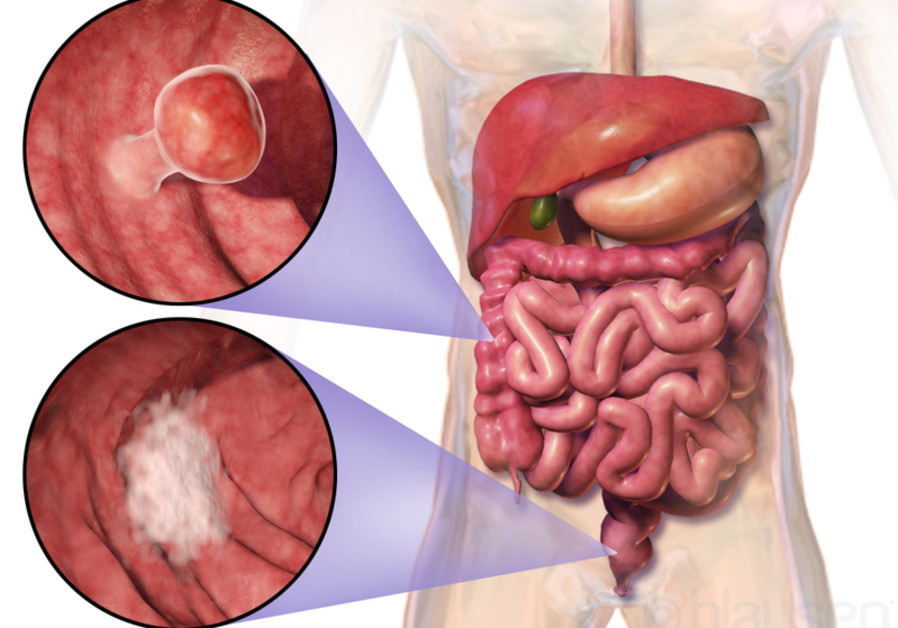 Ambasadorowie Polski i Izraela protestują przeciwko pomnikowi Szuchewycza
Ambasadorowie Polski i Izraela protestują przeciwko pomnikowi Szuchewycza
jjk/ ap/

Joel Lion
Ambasadorowie Polski i Izraela, Bartosz Cichocki i Joel Lion, zaprotestowali przeciwko pomnikowi dowódcy Ukraińskiej Powstańczej Armii (UPA) Romana Szuhewycza, który odsłonięto niedawno w Iwano-Frankiwsku (dawnym Stanisławowie) na zachodniej Ukrainie.
Otwarty list w tej sprawie dyplomaci skierowali do mera Iwano-Frankiwska Rusłana Marcinkiwa. Jego tekst przesłano w poniedziałek PAP. W liście zwrócono uwagę, że podczas odsłonięcia posągu Marcinkiw nazwał Szuchewycza „wybitną postacią” oraz zaapelował do obecnych na uroczystości uczniów, by „cieszyli się widokiem złotego pomnika”.
„Ambasador Izraela i ambasador Polski (…) występują przeciwko decyzji Rady Miejskiej Iwano-Frankiwska i przypominają dzieciom Iwano-Frankiwska, ich rodzicom, babciom i dziadkom, że Roman Szuchewycz był osobiście odpowiedzialny za pozbawienie życia dziesiątków tysięcy podobnych do nich ludzi, zgładzając ich kulami, ogniem, gwałtami, torturami i innymi zwierzęcymi metodami tylko dlatego, że modlili się do Boga po polsku albo hebrajsku” – oświadczyli dyplomaci.
„Ambasadorowie dwóch krajów przypominają, że ludzie, którzy ocaleli z masowych mordów, w których decydującą rolę odegrał Roman Szuchewycz, do dziś żyją na Ukrainie, w Polsce i Izraelu, a wielu z nich zostało uratowanych przez ich bohaterskich sąsiadów ukraińskich” – napisali.
Cichocki i Lion wyrazili przekonanie, że uczniowie szkół w Iwano-Frankiwsku powinni być zachęcani do zgłębiania historii i zadeklarowali, że mogą wesprzeć ich w dziele „odkrywania prawdziwej historii polsko-żydowsko-ukraińskiej spuścizny” – czytamy we wspólnym liście, którego kopię przesłano ministrowi spraw zagranicznych Ukrainy Pawłowi Klimkinowi.
Roman Szuchewycz, ps. Taras Czuprynka, był działaczem Organizacji Ukraińskich Nacjonalistów (OUN). W latach 1934-1937 więziony był za organizację zamachów na przedstawicieli polskich władz. Od 1943 roku dowódca Ukraińskiej Powstańczej Armii, która do 1945 roku dokonała masowych mordów ok. 100 tys. Polaków z Wołynia i Galicji Wschodniej.
UPA walczyła podczas II wojny światowej zarówno przeciwko Niemcom, jak i ZSRR. Od wiosny 1943 roku prowadziła także działania zbrojne przeciwko ludności polskiej Wołynia, Polesia i Galicji Wschodniej, zmierzające do jej całkowitego usunięcia z tych terenów.
W 2016 roku Sejm ustanowił 11 lipca Narodowym Dniem Pamięci Ofiar Ludobójstwa dokonanego przez ukraińskich nacjonalistów na obywatelach II RP. Sejm – głosi uchwała – oddaje hołd “wszystkim obywatelom II Rzeczypospolitej bestialsko pomordowanym przez ukraińskich nacjonalistów”.
O ile dla polskiej strony była to masowa i zorganizowana zbrodnia ludobójstwa, o tyle dla Ukraińców był to efekt symetrycznego konfliktu zbrojnego, za który w równym stopniu odpowiedzialne były obie strony. Dodatkowo Ukraińcy chcą postrzegać OUN i UPA wyłącznie jako organizacje antysowieckie (ze względu na ich powojenny ruch oporu wobec Związku Sowieckiego), a nie antypolskie.
Z Kijowa Jarosław Junko (PAP)




